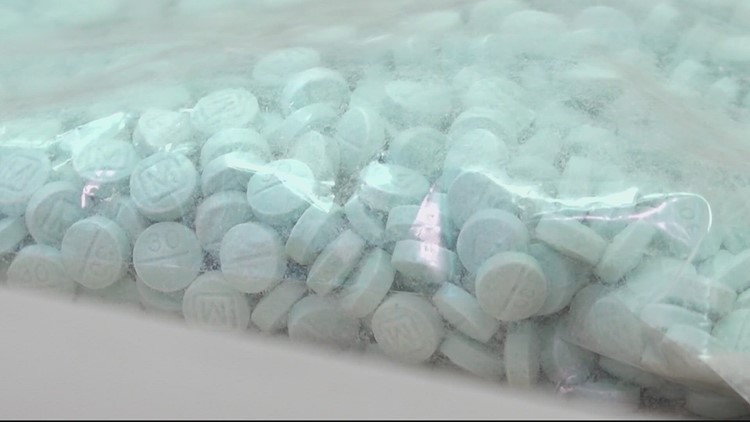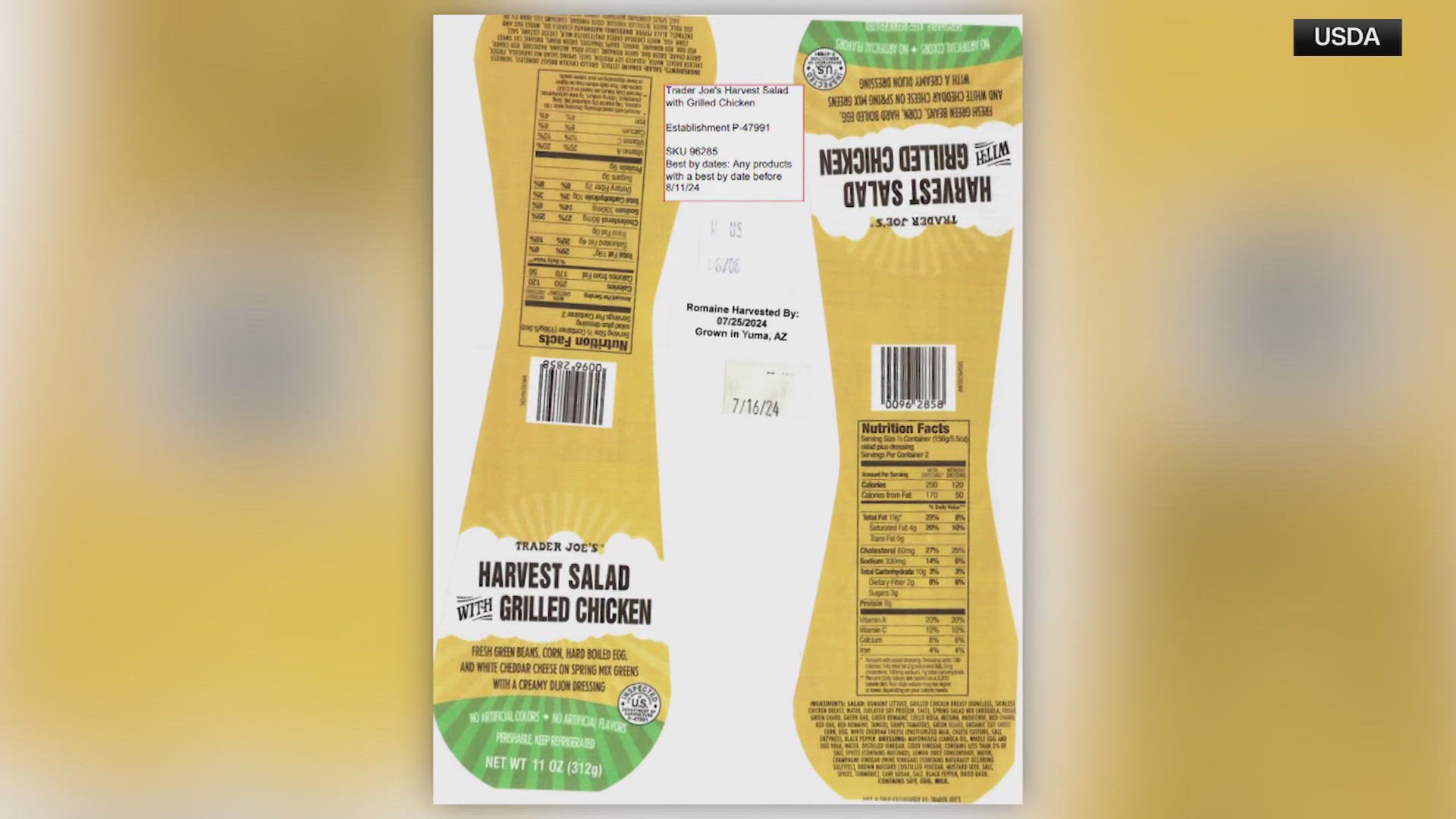FAIRFAX, Va. — Fairfax County Public Schools alerted families on Saturday of a non-fatal overdose involving a high school student.
Fairfax County Police reported the overdose to FCPS because the student attends Marshall High School. In a statement sent to families, FCPS said this incident occurred after school hours and in the community. Out of concern for the student’s privacy, information regarding their identity or the circumstances of this incident will not be released.
The school system alerted parents in accordance with Virginia Governor Glenn Youngkin's Executive Order 28 which requires a division-wide notification for all school-connected overdoses, regardless of the substance.
"It is important that we treat substance use disorders and overdoses with compassion, grace, and understanding. As a community, we all play a role in reducing the stigma associated with substance use disorders, while also focusing on substance misuse prevention. Often, families are caught unaware. So many families think it does not affect them until it does. Please be vigilant," Superintendent Dr. Michelle C. Reid said in a letter to families.
Reid also included in the letter tips from the Substance Abuse and Mental Health Services Administration (SAMHSA) to help guide a healthy conversation between parents and their children regarding drug usage and concerns:
"Show you disapprove of underage drinking and other drug misuse. Young people listen to the adults in their lives. More than 80% of young people ages 10-18 say their parents are the leading influence on their decision whether to drink.
Show you care about your child’s health, wellness, and success. Young people are more likely to listen when they know you are on their side. Make sure they know that you are talking to them about substance misuse because you care about their safety and well-being.
Show you are a good source of information about alcohol and other drugs. You want your child to make informed decisions about alcohol and other drugs with reliable information about their dangers. Establish yourself as a trustworthy source of information. Helpful resources are linked below.
Pay attention to your child and discourage risky behaviors. Show you are aware of what your child is up to, as young people are more likely to drink or use other drugs if they think no one will notice. Discourage unhealthy risky behaviors like substance use, while encouraging healthy activities.
Build your child’s skills and strategies for avoiding drinking and drug use. Even if you don’t think your child wants to drink or try other drugs, peer pressure is powerful. Children will make better choices when they have a clear plan to avoid alcohol and drug use. Talk with your child about what they would do if faced with a decision about alcohol and other drugs, such as texting a code word to a family member or practicing how they will say “no thanks.”
Substance Abuse Hotline: If you, or someone you know, has substance abuse issues there is help available. Call the Substance Abuse and Mental Health Services Administration hotline at (800) 662-4357.
Naloxone, commonly known as NARCAN, is a medication that can reverse the effects of an opioid overdose and can be purchased over the counter or requested from many health departments at no cost.
The National Institute on Drug Abuse says naloxone has no effect on someone who does not have opioids in their system. According to the CDC, it may be administered on people of all ages.
Where to find Naloxone in DC, Maryland and Virginia:
Maryland: Department of Health
Virginia: Department of Health



